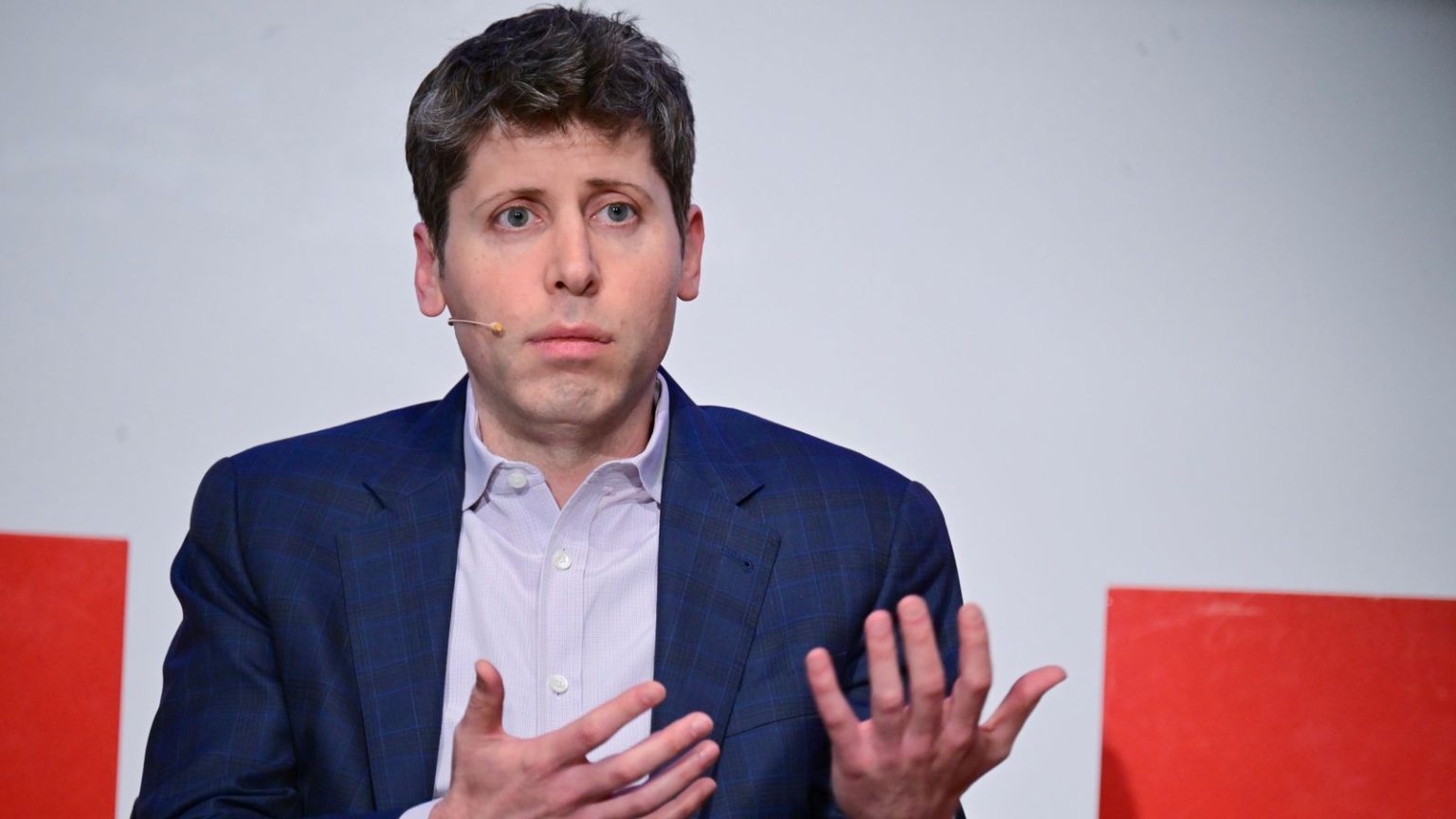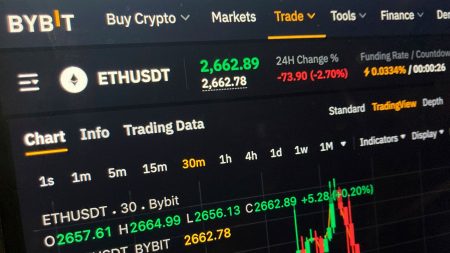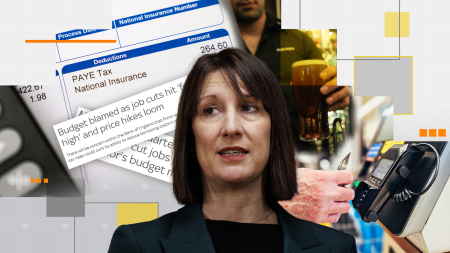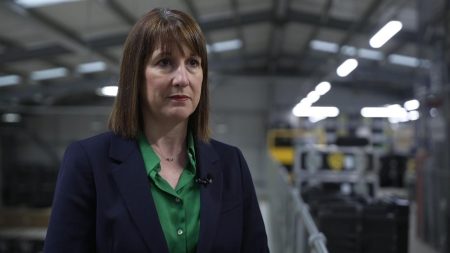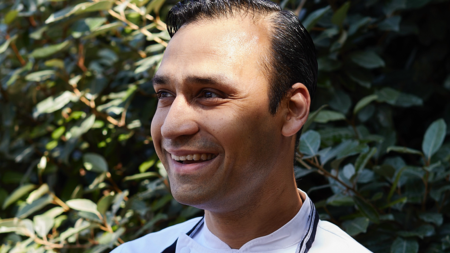OpenAI Rejects Elon Musk’s $97.4 Billion Bid, Stays Committed to Its Mission
In a bold move that has sent shockwaves through the tech world, OpenAI’s CEO and co-founder, Sam Altman, has categorically stated that the company is "not for sale" following an unsolicited $97.4 billion bid led by Elon Musk. Speaking at the Paris AI Summit, Altman emphasized that OpenAI remains deeply committed to its mission of developing advanced AI technologies responsibly. When asked about the bid, Altman redirected the focus to the company’s board, which will ultimately decide the next steps. "The mission is really important, and we’re totally focused on making sure we preserve that," he remarked. Altman’s statement underscores the company’s resolve to stay true to its core values, even in the face of significant financial overtures.
Elon Musk’s Vision for OpenAI’s Future Sparks Controversy
Elon Musk, who is also a co-founder of OpenAI, has publicly expressed his opposition to the company’s planned transition to a for-profit model. In a statement, Musk called for OpenAI to return to its roots as an open-source, safety-focused organization. "It’s time for OpenAI to return to the open-source, safety-focused force for good it once was," Musk declared. "We will make sure that happens." Musk’s comments have reignited debates about the direction of OpenAI and the balance between innovation and profitability. His legal challenges to the company’s shift toward profitability further highlight the tension between his vision for OpenAI and the path it is currently pursuing.
Sam Altman’s Vision for Global Collaboration
In addition to addressing the bid, Altman also expressed his desire to collaborate with China, a move that could have significant implications for the global AI landscape. "Should we try as hard as we absolutely can [to work with them]? Yes," he said, though he acknowledged that such collaboration may face hurdles, particularly given the geopolitical tensions between the U.S. and China. Altman’s remarks suggest that OpenAI is keen to engage with international partners to advance AI research and development, though the extent to which this will be possible remains uncertain.
Safety and Innovation: OpenAI’s Dual Focus
One of the key themes at the Paris AI Summit has been the challenge of balancing safety with innovation in the development of AI technologies. Altman was quick to reassure users that safety remains a top priority for OpenAI. "Safety is integral to what we do… We’ve got to make these systems really safe for people, or people just won’t use them," he said. Despite concerns that regulatory red tape could stifle innovation, Altman expressed confidence that OpenAI can address both safety and affordability. "Yes, we can also do that," he said when asked if the company could focus on making AI cheaper and more accessible while maintaining its commitment to safety.
The Paris AI Action Summit: A Forum for Global AI Governance
The Paris AI Action Summit has brought together world leaders and industry experts to discuss the future of AI and its potential to transform society. While safety has not been the primary focus of the summit, the event has highlighted the need for global cooperation in addressing the challenges and opportunities posed by AI. US Vice President JD Vance, who attended the summit, warned against excessive regulation, arguing that it could deter innovation and hinder the progress of the AI industry. "Now, at this moment, we face the extraordinary prospect of a new industrial revolution, one on par with the invention of the steam engine," Vance said. "But it will never come to pass if overregulation deters innovators from taking the risks necessary to advance the ball."
The AI Industry at a Crossroads: Regulation, Innovation, and Global Competition
As the AI industry continues to grow at an unprecedented pace, the debate over how to regulate it has become increasingly contentious. Vance emphasized the importance of ensuring that AI systems developed in the United States are free from ideological bias and that the government does not restrict citizens’ right to free speech. At the same time, the rise of companies like China’s DeepSeek, which recently unveiled a powerful AI model at a significantly lower cost than OpenAI’s ChatGPT, has raised concerns about global competition and security. While DeepSeek’s model has the potential to disrupt the AI market, it has also sparked worries about the security implications of relying on foreign technology. As the industry evolves, the interplay between innovation, regulation, and global collaboration will continue to shape its trajectory.





